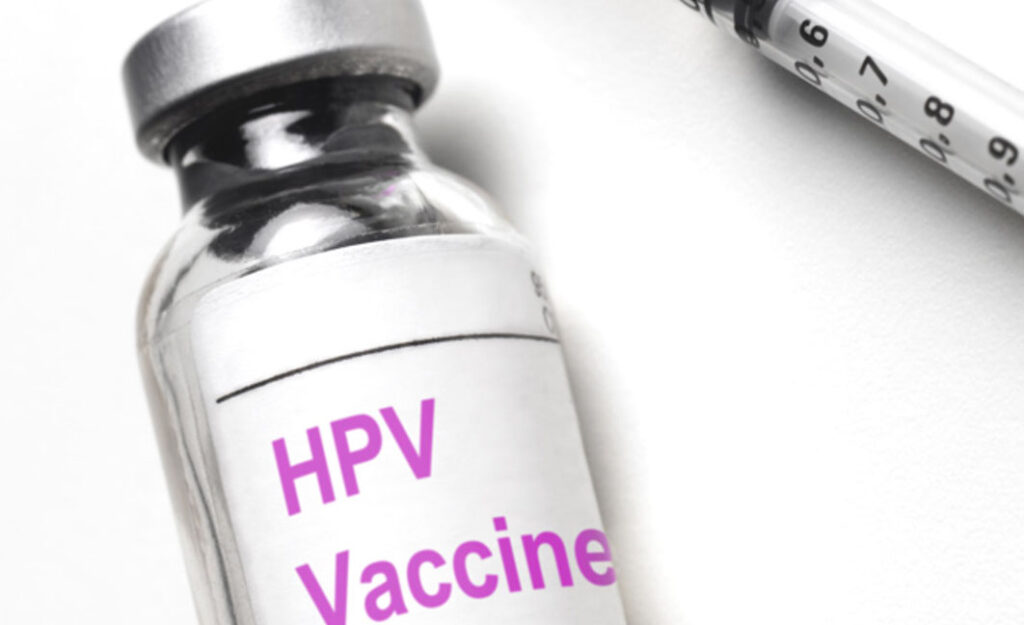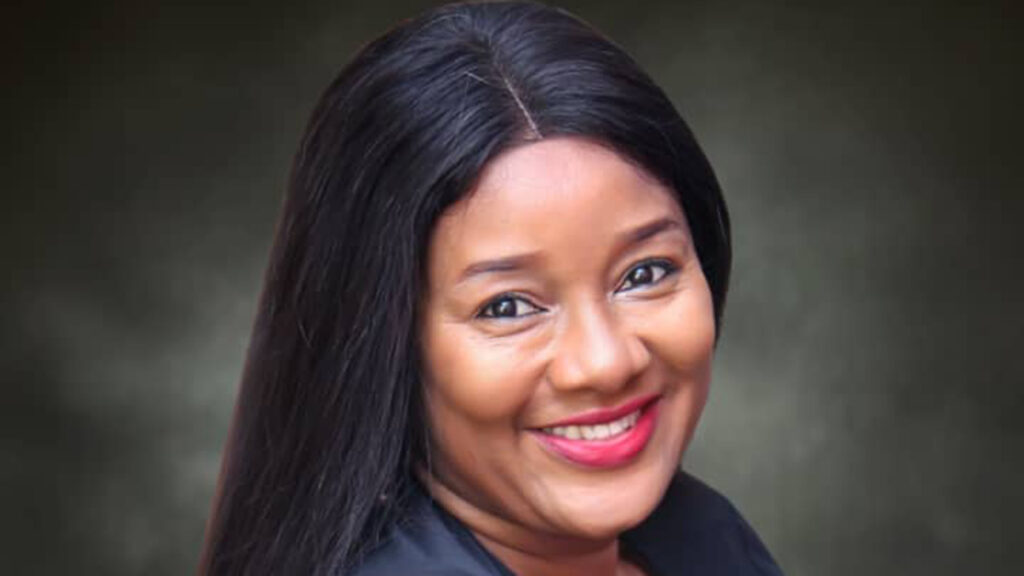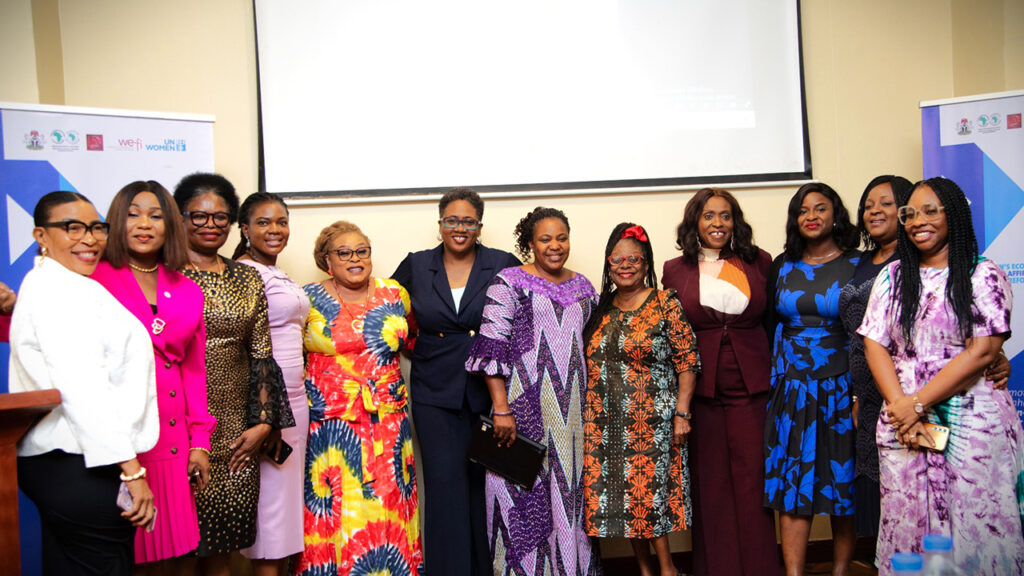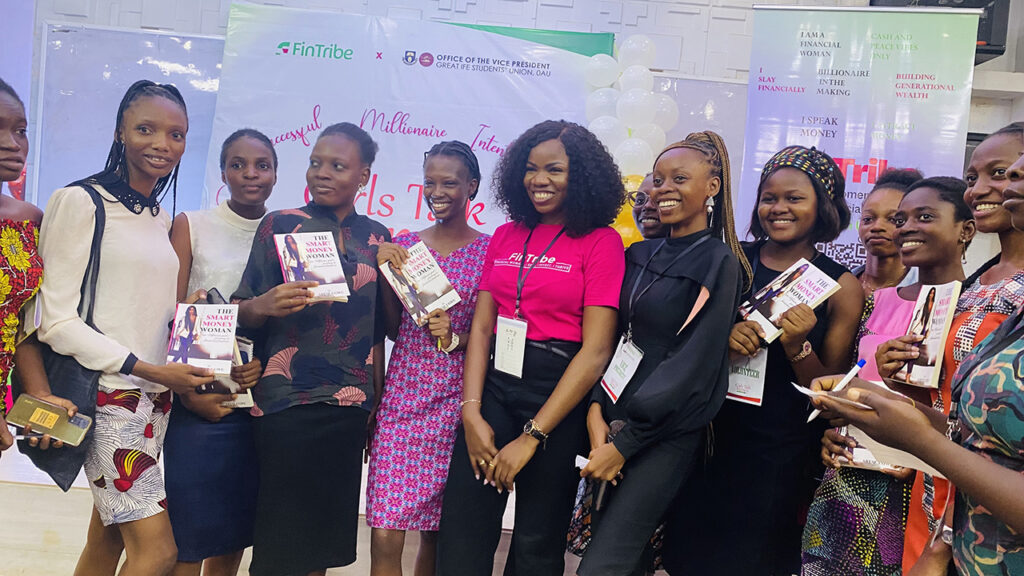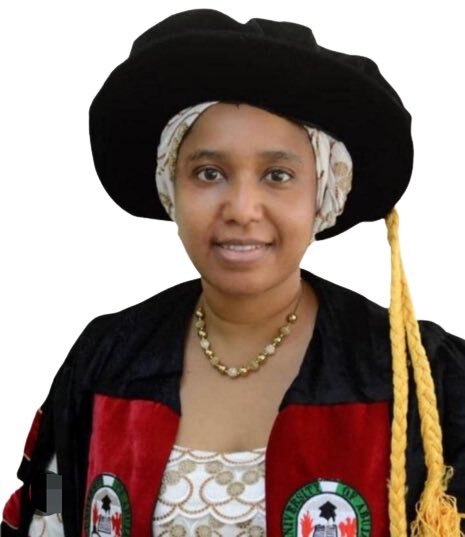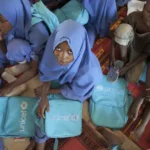
…As UNICEF Intensifies Campaign Against Cervical Cancer
Cervical cancer stands as the fourth most common cancer in women globally and the second most common cancer affecting women in Nigeria. This high burden of cervical cancer is attributed to several factors including poor access to Human Papillomavirus (HPV) vaccination services, poor screening, low awareness, and inadequate access to healthcare, especially in rural areas.
To this end, the United Nations Children’s Fund (UNICEF) has stressed the need for aggressive advocacy in the vaccination of girls aged nine to 14 against HPV to battle and reduce the risk of cervical cancer, with a target to achieve 80 percent vaccination by December, 2024. Ekiti, Ondo, Oyo, and Edo states kick off the second phase of the HPV vaccination campaign on Children’s Day, May 27.
Harping on the need for communities and religious institutions to key into the drive, UNICEF described the prioritisation of HPV vaccination as a crucial public health intervention.
According to the international body, during a two-day media dialogue workshop tagged, “Combating the most preventable form of deadly cancer affecting women and girls Through Vaccination”, held in Lagos State, it emphasised that the vaccine is an effective and safe means to protect girls from developing cervical cancer later in life.
Speaking on the update on the HPV vaccine introduction plan, a Health Specialist with UNICEF, Dr. Ijeoma Agbo, disclosed that with girls aged 9 to 14 as targets for the vaccine, an estimated 604,000 new cases with 342,000 deaths occurred globally in 2020, while 12,075 cases and 7968 deaths were recorded in Nigeria.
Agbo maintained that the vaccine protects against HPV types 16 and 18 and provides cross-protection for types 31, 33, and 35, including the stereotypes causing anogenital warts.
“HPV can also cause a range of conditions in men and women, including other types of anogenital cancer (vagina, vulva, anus, penis), head and neck cancers, and genital warts. It accounts for 29.5 percent of infection-related cancers globally and greater than half of all reported infection-attributable cancers in women.”
Immunisation Programme Coordinator, Lagos State Primary Health Care Board (PHCB), Dr. Adetola Akinpelu, said the state government seeks to achieve routine HPV coverage of at least 69 percent by December 2025 and a minimum of a four percent annual increase in routine HPV coverage by December 2026.
Reiterating increased awareness efforts, Communication Officer, UNICEF, Blessing Ejiofor noted that particularly at the grassroots, this will promote the benefits of HPV vaccination and dispel myths and misconceptions surrounding it. She enjoined participating journalists to become active advocates by using their various platforms to draw the attention of everyone to the issue to achieve adequate coverage.

